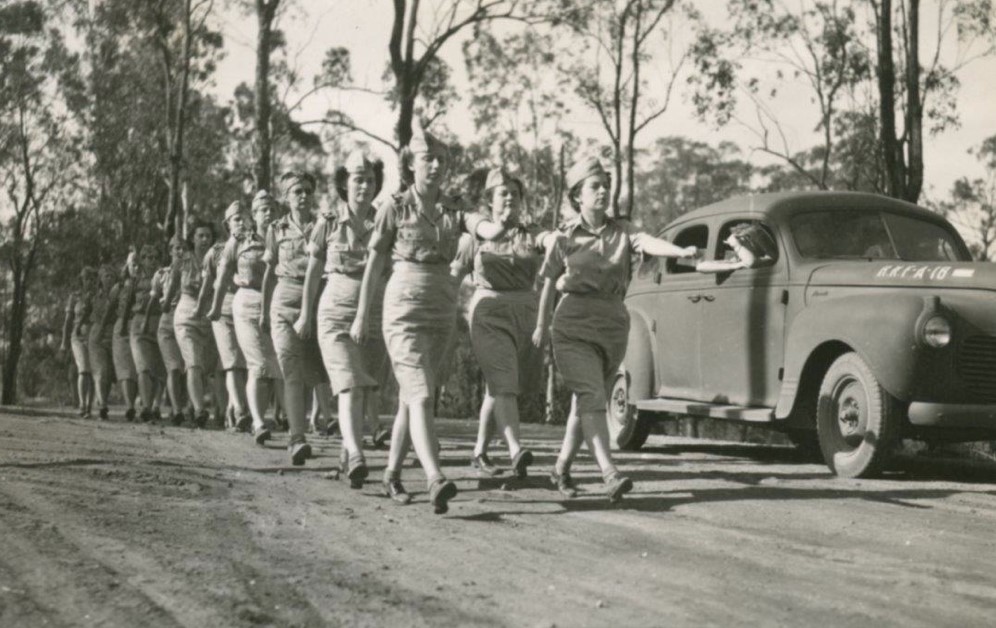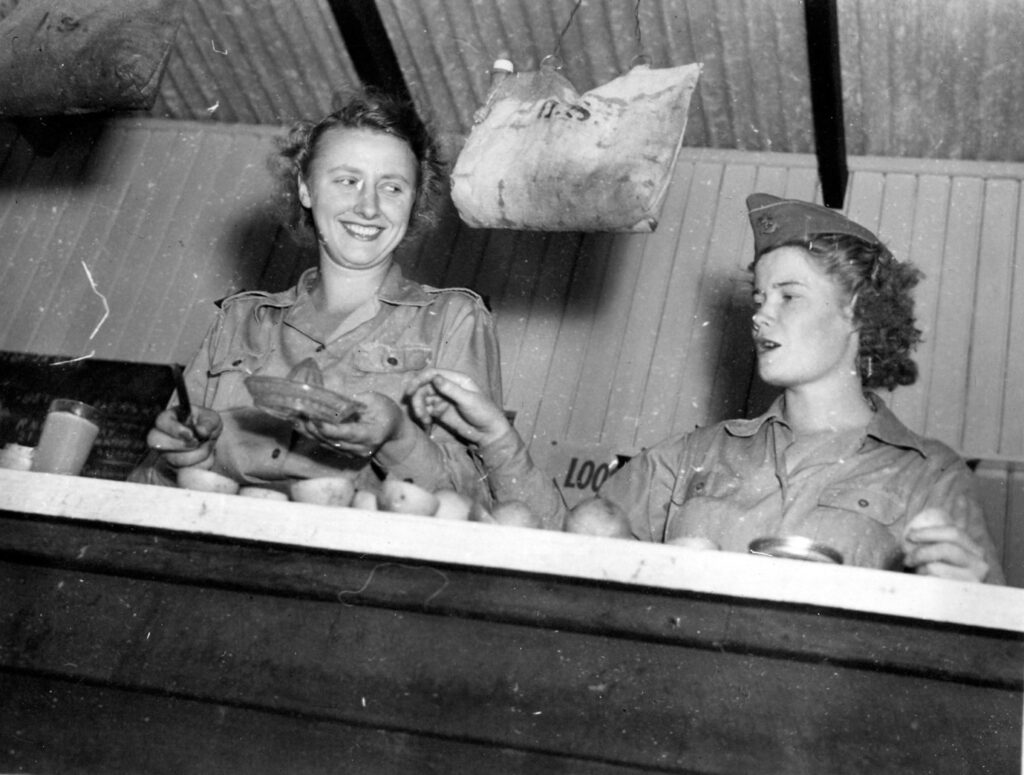At the Yeronga Memorial Park in Brisbane the American WACS are also commemorated. There are plans underway to also add a plaque to the Commemoration Wall at the Memorial for the Dutch and KNIL women (Royal Netherlands East Indies Army). However, there were objections as this memorial is just for Australian Forces. Since then the project has moved the the Dutch monument at Roma Street Parkland but is currently on hold.
Many countries established their Women’s Army Corps (WAC) during World War II to employ women in non-combat positions. Despite the important contributions of the WAC to the war effort and to the advancement of women in the military, the WAC is often overlooked in history. There are several reasons for this:
- Gender bias: Historically, women’s contributions have often been overlooked or minimised in many fields, including the military. This is partly due to gender bias and the assumption that women are not as capable or important as men.
- Limited roles: During World War II, the WAC was restricted to non-combat roles, which may have made their contributions seem less important or significant compared to the roles of men in combat.
- Lack of recognition: Many WACs were disbanded after the war, which may have contributed to its lack of recognition in history. Also, because the WAC was part of the various Army Forces many of its records and archives were absorbed into the Army’s records, making it more difficult to track the history of the WAC.
- Lack of documentation: Another factor that may have contributed to the WAC’s historical oversight is the fact that many of the women who served in the WAC did not document their experiences, either because they did not realize the historical significance of their contributions or because they did not have access to the same resources as men to document their experiences.
- Despite these challenges, it is important to recognize and acknowledge the contributions of the WAC and the women who served in it. The WAC helped to pave the way for women’s inclusion in the military, and their service was a significant contribution to the Allied victory in World War II.
For more information see: The Dutch Women Army Corps in Australia


